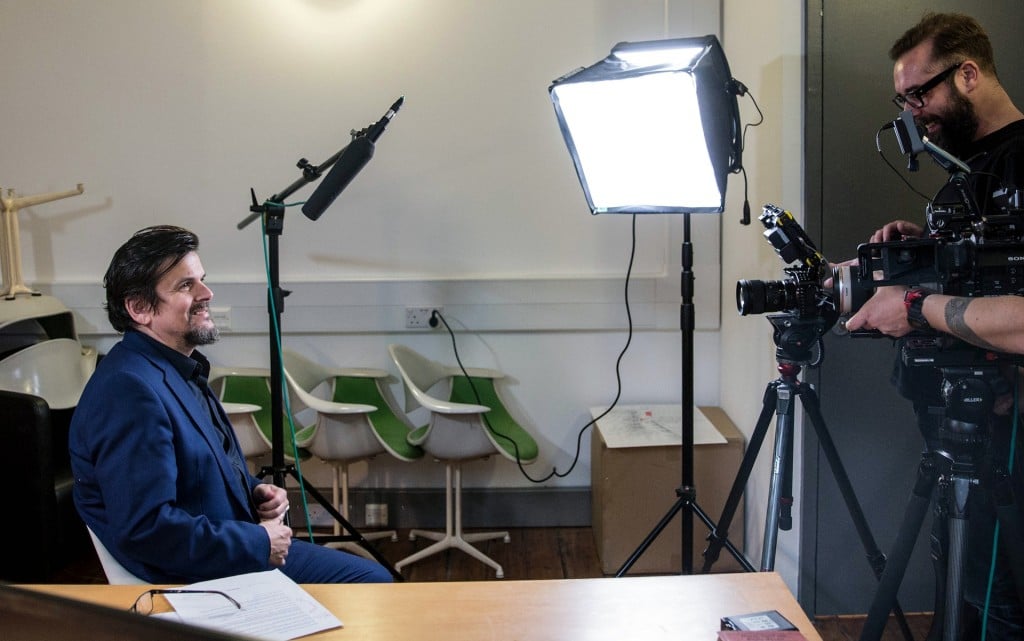Small firms with experiences of appearing on the small screen share what to do – and what to avoid.
‘Stay quiet until you’re given pause to speak’
Flora Maudsley-Barton, managing director,
Parsonage Financial Planning
Practice incessantly and be your biggest critic. Better yet, get someone else to critique your performance, while still offering constructive advice. It’s really important to rely on someone whom you know and trust to be completely honest, such as a family member or friend.
Most appearances come about because you’re an expert in a particular field, but avoid using technical language or jargon. I also try to avoid scripts, which often make a performance come over as staid.
The hosts or interviewers are seasoned professionals and will be on hand to give micro cues, so pay attention to them. To really get your point across, stay quiet until you’re asked a question or given a pause to speak – there’s nothing worse than talking over or interrupting the host or fellow panelists.
After the event itself, get a hold of a video clip and even screen grabs to use for blogs, marketing and PR. Don’t shy away from using these as part of your introduction at networking events. I keep a media CV, which lists all of my media appearances and is incredibly handy to have as a reference.
‘Meet the presenter to get a feel for their style’
Sally Bunkham, founder, Mum’s Back
It’s absolutely essential to get a brief from the presenter or producers on the topics that they want you to cover. Find out who the presenter is and who else will be on with you and, if you can, do a little research into their opinion and style.
It’s also a good idea to research the backdrop of the set so that you wear something appropriate. Steer clear of stripes and heavy patterns.
“Don’t cross your arms or look at the floor”, Hayley Smith, Boxed Out PR
Try to meet the presenter first to get a feel for their style. They will usually come and meet you quickly beforehand – then it’s just a case of treating it like any normal conversation. Make sure that you listen, because there’s nothing worse than someone who just blurts out their agenda without listening to the question or others’ opinions.
I use the fact that I’ve worked with the BBC, Channel 5 and others in my biography and state what my area of expertise is, along with clips and a contact number. Making yourself as accessible as possible for future opportunities is key.
‘Body language is incredibly important’
Hayley Smith, founder, Boxed Out PR
Before the interview, I usually focus on the key message that I want to get across. I then research and find facts and figures to support my points. Data and references will also help you to feel more in control and focus better on what you’re talking about.
I usually use social media to plan, asking people what they think I should be talking about. It’s important to get people engaged with your appearance, because they’re more likely to support and share it.
“Use the platform to speak for your industry”
Danny Curran, Finders International
Arrive nice and early so that you can relax, and take your time; the TV team will sometimes do your hair and make-up, which is quite therapeutic and a great way to get mentally prepared. Body language is incredibly important when you’re on TV, so don’t cross your arms or feet, or look at the floor. Make eye contact and mark your authority and smile.
After the interview, tweet the producers and presenters with behind-the-scenes images, thanking them for having you and use the right hashtags. You could also do a Facebook Live video to tell your followers about the experience.
‘A big mistake is to apply your ego to the process’
Danny Curran, founder, Finders International
Focus on talking to the people in front of you and ignore the fact that a much larger audience exists beyond the cameras.
Assuming the appearance has gone well, it can be integrated into your core marketing and referenced as a definitive moment; a TV show asking for your advice or opinion on a significant issue is a recognition of your hard-earned reputation, which is no small feat.
The important part is to build on TV exposure and not to rest on your laurels. Reputation is hard-won and once you find yourself being given the platform to speak authoritatively for your industry, you can use it to make positive changes for the better. A big mistake is to apply your ego to the process, so focus on adding value – make your subject matter seem interesting to an audience that may otherwise never be exposed to it.
This article has been first posted in The telegraph

